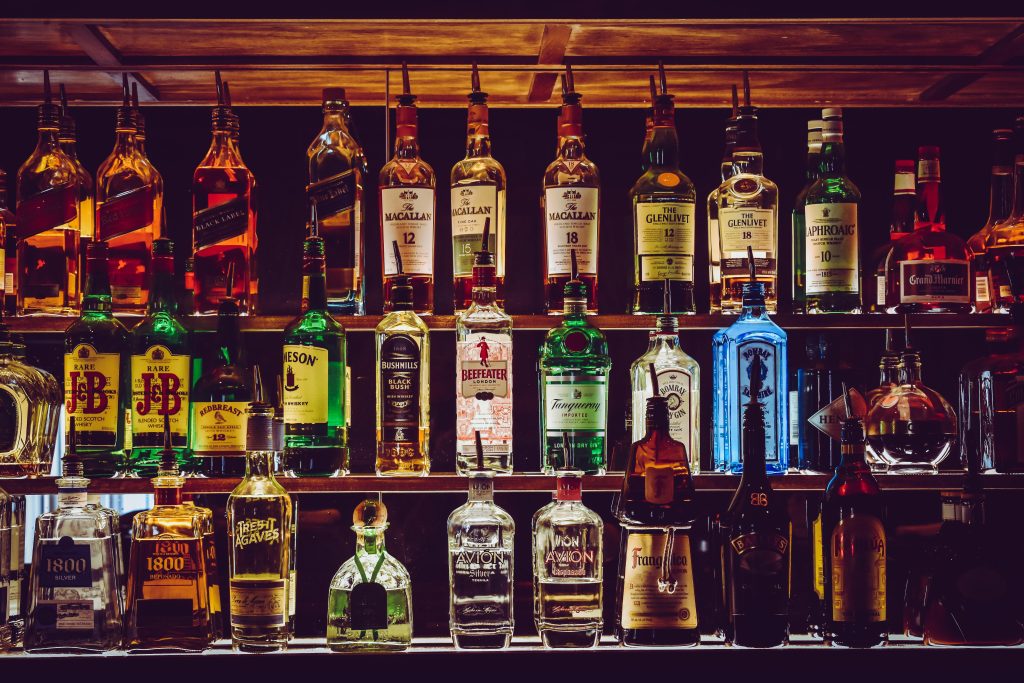All fields are required
Posted in Food Safety,Our Blog on October 21, 2024

Many people enjoy having a drink with dinner or at a special event. Many people believe alcohol prevents food poisoning. Today we look at the bigger picture: can drinking alcohol prevent food poisoning?
First lets find out what exactly food poisoning is:
Food poisoning, a type of foodborne illness, is a sickness people get from something they ate or drank. The causes are germs or other harmful things in the food or beverage.
Symptoms of food poisoning often include upset stomach, diarrhea and vomiting. Symptoms usually start within hours or several days of eating the food. Most people have mild illness and get better without treatment.
Symptoms vary depending on what is causing the illness. They may begin within a few hours or a few weeks depending on the cause.
Common symptoms are:
Less often food poisoning affects the nervous system and can cause severe disease. Symptoms may include:
As usual speculation about this thought began on social media. Are you shocked? Personally I am not. We have all seen those viral videos and people taking the internet way too seriously. One thing leads to another and the masses are onto the next topic.
There may be an ounce of truth to the notion that drinking alcohol around the time you eat contaminated food can reduce the chances of food poisoning, experts said. But the evidence to support the claim is limited. And depending on how much you drink, alcohol could hurt your immune system more than it might help. Here’s what we know:
Several small studies on food-borne illness outbreaks have indeed found that consuming alcohol was associated with protection from food poisoning, but they all have limitations.
In the study cited in the TikTok video, which was published in 2002, researchers described a salmonella outbreak that began at a 120-person banquet in Spain. At least 47 people became ill with vomiting or diarrhea, along with stomach cramps, fever or headache, after consuming contaminated tuna sandwiches and potato salad. The researchers found that those who reported having three or more drinks at the celebration were 46 percent less likely to become ill than those who didn’t drink; and those who had up to three drinks were 27 percent less likely to develop symptoms.
Likewise, in a 1992 study of a 61-person outbreak of hepatitis A from raw oysters in Florida, researchers found that those who reported drinking wine, whiskey or cocktails with the oysters were 90 percent less likely to get sick than those who did not drink. Those who consumed beer, however, did not seem to be protected — the researchers hypothesized this was perhaps because beer has a lower alcohol concentration than the other beverages.
These studies support the theory that alcohol might interrupt the pathogens in people’s guts before they can cause illness, said Donald Schaffner, a professor of food science at Rutgers University. This is plausible, he said, since alcohol can kill bacteria and inactivate some viruses; that’s why it’s used in hand sanitizers and surface disinfectants.
But these small, decades-old studies can only show correlations between drinking and fewer illnesses; they can’t prove that alcohol prevented food poisoning, said Matthew Moore, an associate professor of food science at the University of Massachusetts Amherst.
He recommended taking those findings “with a serious grain of salt.”
It’s possible, for example, that some of the people who didn’t drink in those studies were abstaining for health reasons, which could have explained why they were more susceptible to food poisoning.
Personally, I feel that just following food safety rules and being extra cautious instead of following the viral videos or studies that are not 100% accurate seems like a better idea because after-all I need more than a grain of salt from my margarita to be sure I am safe from food poisoning.
Keep an eye on Make Food Safe for more information regarding food safety and information on the safety of viral food trends.